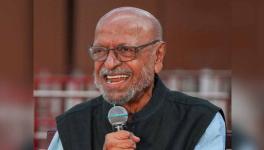Jamboree of Cinema, Conscience Strikes Chord With Audience
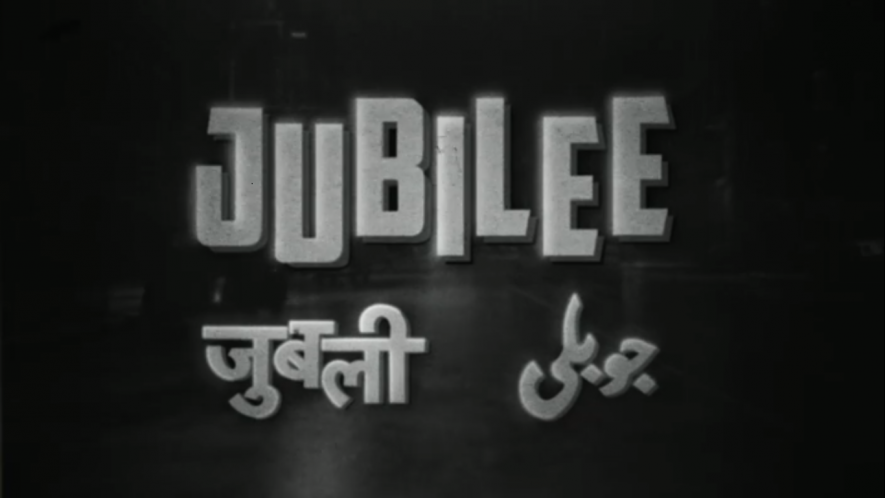
Images: screenshots from the series Jubilee which is streaming on Amazon Prime.
OTT platforms are flooded with content—but very few strike a chord with the audience. Jubilee, a two-part series of five episodes each on Amazon Prime Video, is that kind of content.
An ode to Bollywood’s golden era, Jubilee’s technical aspect of long-format storytelling, cinematography, costumes, music, and the mesmerising sets recreating the Bombay and Lucknow of the post-partition era blend nicely to create a nostalgic story.
On-screen stories are an embodiment of our aspirations, desires and fantasy. Films are a convenient escape from reality for cinema lovers. If we look at it from a sociological perspective, films have often dictated the discourse. Historically, they have come as handy for educating the masses or sending out a political message—as rightly pointed out in one of the scenes from Srikant Roy’s interaction with a government representative in Jubilee.

The series begins against the backdrop of Partition and a newly independent India. The golden age of Hindi cinema has dawned and the magic of films already holds a special place in the hearts of urban Indians. The story of the new modern India is taking shape.
The political elite, led by Jawaharlal Nehru, has envisioned a socialist and democratic India with a scientific temper as its foundation. The business class, infested with greed and corruption, is looking to mark its presence in the film industry. On the other hand, a new community of people is scrambling for food, clothing, shelter and employment—the refugees from newly formed Pakistan having lost everything in the riots. The refugees from former business families and those unwilling to take to crime try to start fresh. Caste, language and communities like the Punjabis and Sindhis trigger the interactions and rivalries in these ill-managed camps.
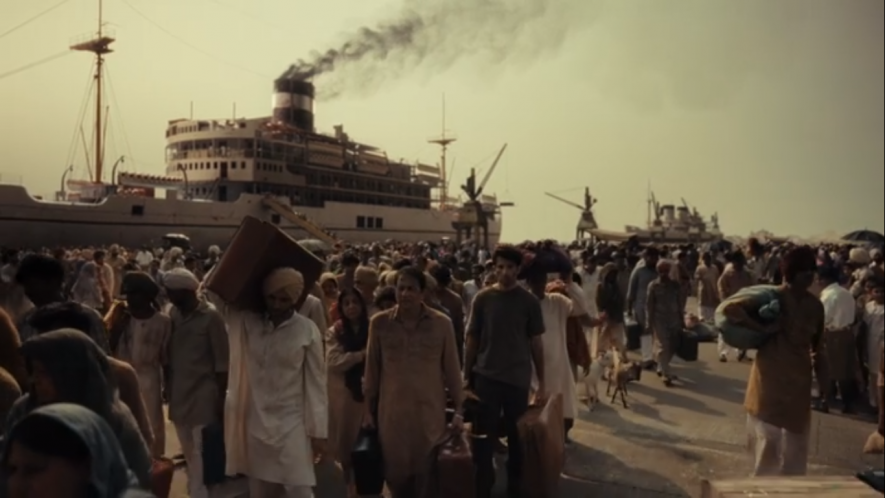
Among the refugees is the Khanna family of artists and storytellers that lost a theatre company in Karachi. Another artist, Niloufer, takes a train from Lucknow to Bombay to leave her past and fulfil her dreams. A sex worker born and raised in a brothel, she juggles both roles while trying her luck in films.
The character of Binod Das is a fine example of personal ambition and relentless pursuits often blurring the lines of morality. Sumitra Kumari is a superstar and an astute businesswoman married to a ruthless filmmaker Srikant Roy, and they jointly own Roy Talkies.
These characters come together to tell a story of ambition, power, desire, pride, deceit and love for cinema.
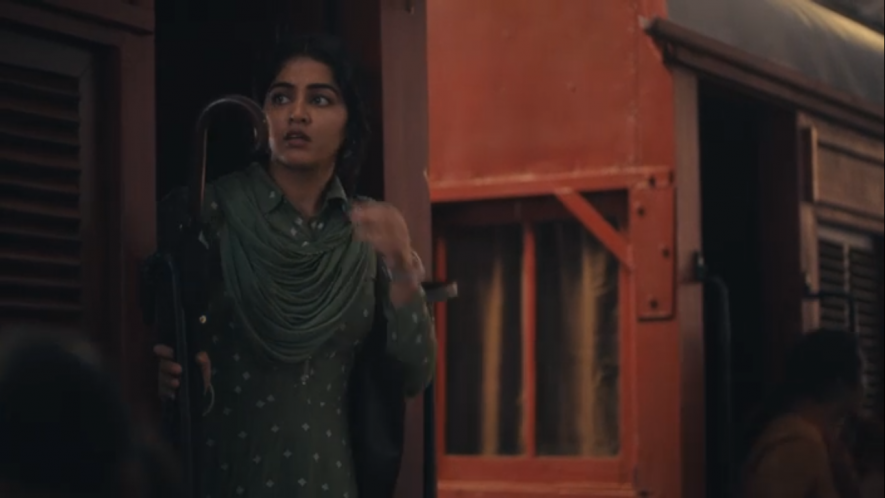
The highlight of the series is its cinephilia and dramatic storytelling resembling films of the time. India became independent after a prolonged struggle with the most powerful empire in the world. It was a new beginning brimming with optimism and hope for the future. The story of new India had started taking shape long before 1947. The freedom struggle across the subcontinent shared a dream and made a promise to its people—equality, liberty and fraternity.
People believed that breaking from oppressive historic shackles was possible and they were free to dream, find dignified employment and love whoever they want to build their lives. The films were a reflection of this mood. They told stories of aspiring, honest, innocent and charming men and women who overcome great odds to be successful.
The films resonated with the working class as its members saw themselves on the screen with the charm created by filmmaking and music. This enthusiasm was passed on from one generation to generation, and Indians started loving cinema.
However, the changing global and national scenarios altered filmmaking. The LPG reforms (Liberalisation, Privatisation and Globalisation) of the 1990s replaced farmers and workers with the upwardly mobile middle class.
The film industry was also progressing against the backdrop of the Cold War with capitalist America and the communist Soviet Union wanting to use Indian cinema for their ideologies.
Jubilee’s Roy refers to America’s pitch for Hindi cinema as “technological advancement” and the Soviet Union’s offer as mere propaganda. It is symbolic of the shift we have seen in the film industry.
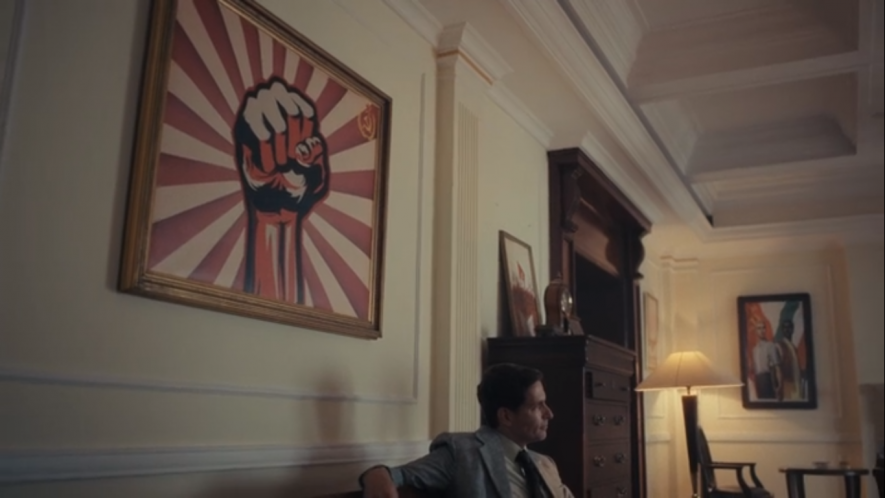
Today, Bollywood is swarming with Roys, who do not believe in films as a powerful mode of awareness towards an egalitarian society. Films, from their lens, are glamour, entertainment and business.
India’s political landscape changed drastically from the 1950s to 2014. It has transformed from socialist to capitalist and communal. Naturally, the discourse is towards westernisation or the kind of patriotism that is usually distracting. Some filmmakers and storytellers have tried to break the current norm with stories of social impact, justice and equality, especially with the emergence of OTT platforms which the government is trying to control and censor.
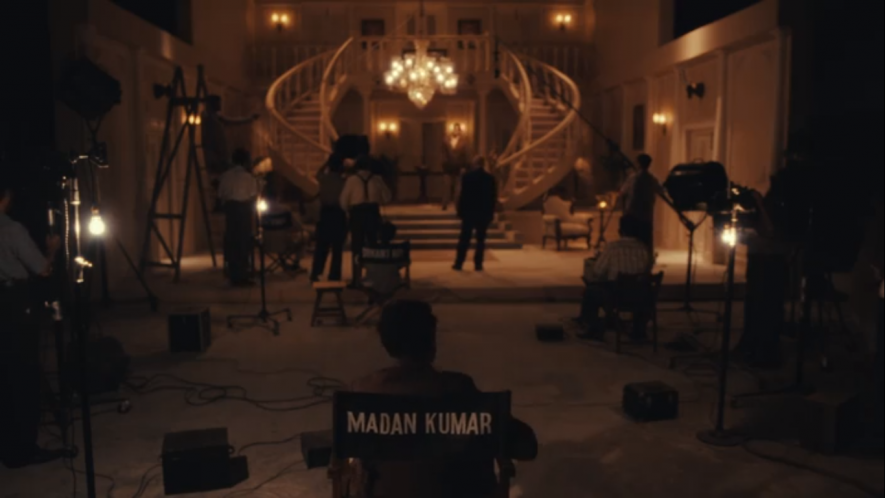
Films still dominate an average India’s life—both on the big screen and on television. Storytelling, however, is going through a watershed moment where anybody is free to tell a story and communicate his/her perspective through various formats on social media. But which story/content reaches the masses is controlled by the government’s social media content moderation amendments in the Information Technology Act.
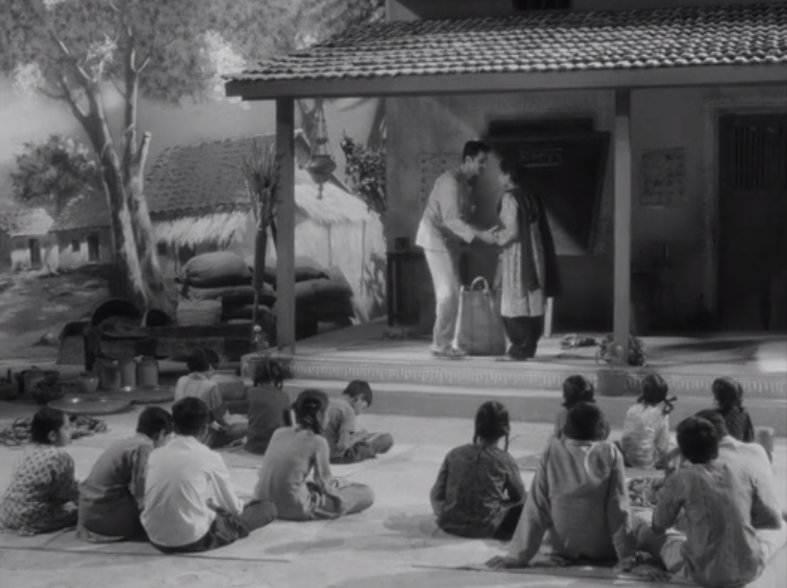
Jubilee strikes a chord because it tells the story of different sections of modern-day Indians in a seemingly progressive manner as the larger picture of national and international politics flows in the background. It flirts with our love for cinema and satisfies our intrigue about its process and history while smartly drawing comparisons with the present day.
The series lays bare the beauty of cinema and filmmaking while not shying away from showcasing its insidious corruption and darkness—something that is metaphorically reflective of the society that we live in. The ambitions of Jay Khanna and Niloufer converging into a shared passion and an unconventional love story beyond the barriers of class, caste, background and religion resonates with the lovers of this artistic journey.
Get the latest reports & analysis with people's perspective on Protests, movements & deep analytical videos, discussions of the current affairs in your Telegram app. Subscribe to NewsClick's Telegram channel & get Real-Time updates on stories, as they get published on our website.












